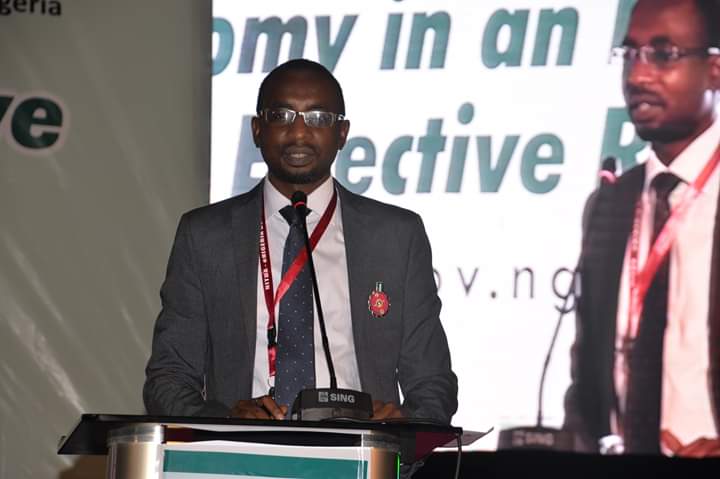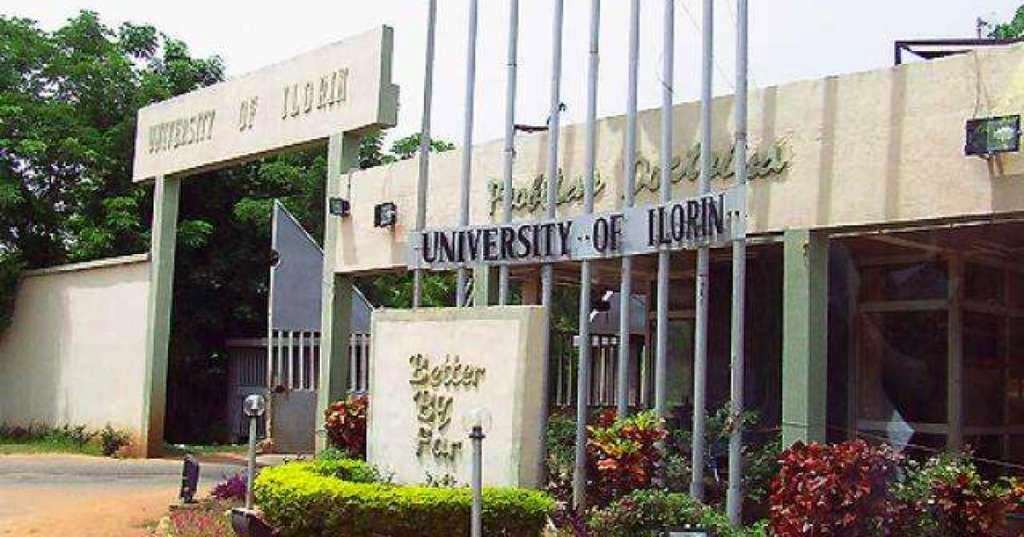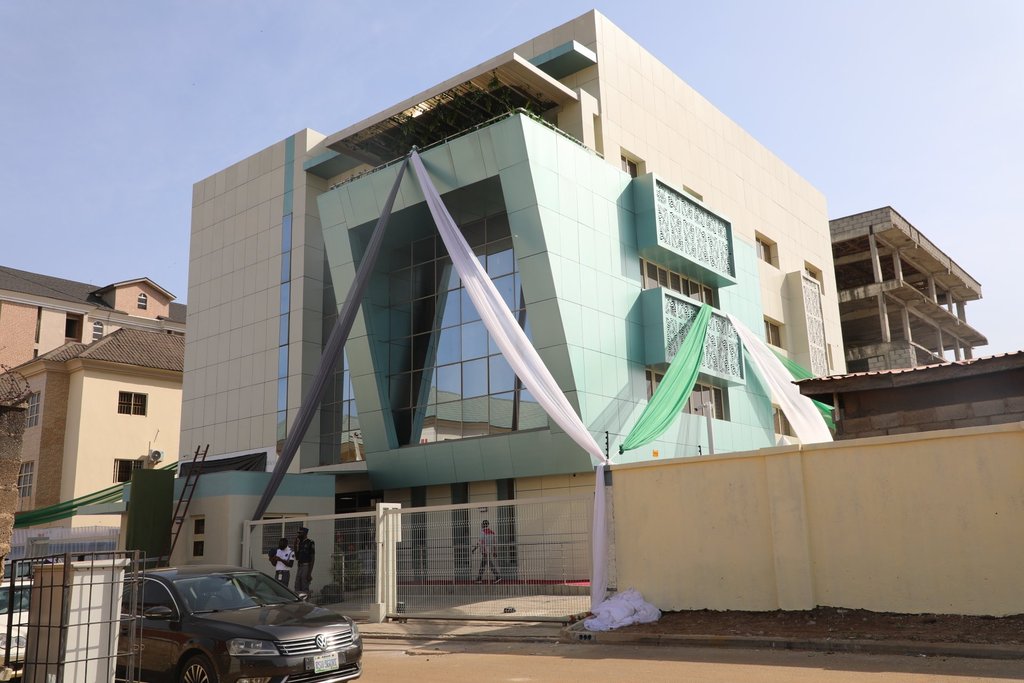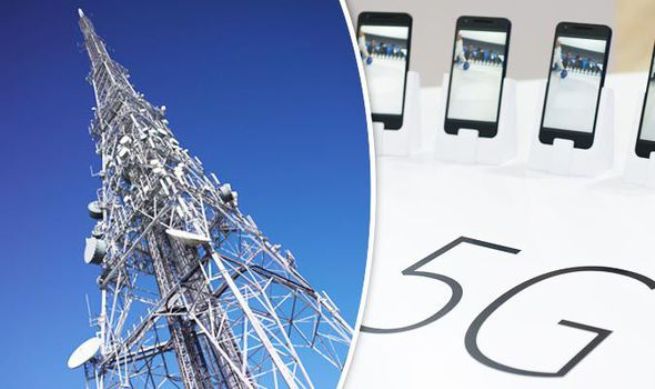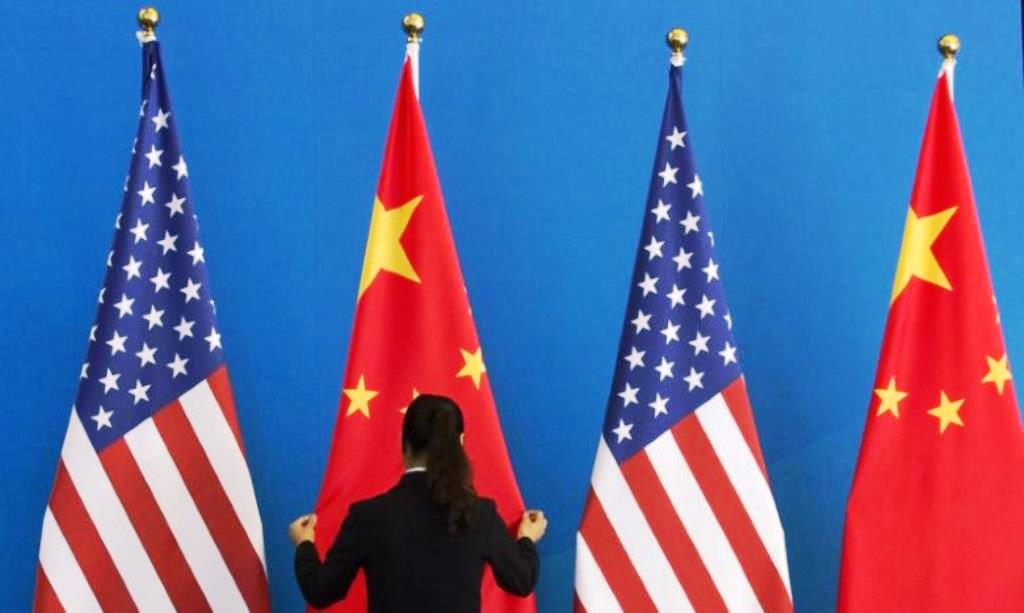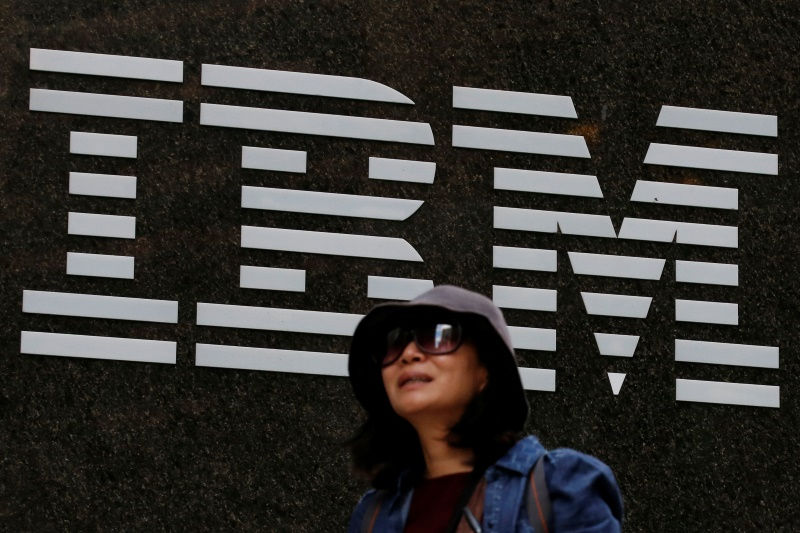The Director-General of the National Information Technology Development Agency (NITDA), Mr Kashifu Inuwa, said that Nigeria would lead other African countries in Artificial Intelligence (AI) and Blockchain technology.
He said this would lead to the economic diversification of the continent.
Inuwa made the assertion on Wednesday at the virtual Digital Africa Conference and Exhibition 2021 where he spoke on “Building a New Africa with AI and Blockchain.”
He said that with the growing population of the continent and the dwindling oil revenue, especially in Nigeria, there was need to harness other areas to diversify the economy.
According to him, emerging technology is one of these areas, and will play an important role in economic diversification.
“Digital technologies are changing the world at a faster pace than previously experienced waves of technological innovation.
“Nigeria needs to accelerate growth and modernise its economy through the development of a digital-led growth strategy for the Nigerian economy.
“It is pertinent to note that despite the economic shocks from COVID-19 pandemic, most of the growth observed in the economies were those from viable digital economies.
“Digital economy has been identified as an engine of growth, hence Nigeria can harness it as a driver of growth and innovation,” he said.
The NITDA boss affirmed that the World Bank Group Digital Economy for Africa (DE4A) initiative supported the digital transformation strategy for Africa, prepared by the African Union (AU).
He also pointed out that the DE4A initiative recognised that digital economy could help accelerate the achievement of the UN Sustainable Development Goals (SDGs).
He recounted that recently a call to action was made with the unveiling of the “Economic Sustainability Plan 2020″ which sought to put technology at the forefront of driving development in Nigeria.
Inuwa said the conference was a meeting point for professionals, practitioners, and policymakers to brainstorm on the best ways to harness these technologies to the advantage of the citizenry.
“For Nigeria, a country in dire need to diversify its economy, digital economic activities are key for diversification because they transcend all aspect of human endeavours and the economic sector,” he said.
He pointed out that at NITDA, the development and utilisation of emerging technologies was one of the strategic pillars for the 2021-2024 Roadmap and Action Plan of the agency.
To drive that pillar, he said the agency was collaborating with relevant stakeholders and researchers to ensure AI, Blockchain, and other emerging technologies to support the economic diversification and sustainability plan for the country.
He reiterated that the focus on the economic advancement of Sub-Saharan Africa, leveraging emerging technologies, specifically AI, Blockchain, Internet of Things and 5G was highly commendable and apt.
He urged stakeholders present at the event to make necessary partnerships and collaborations towards making Nigeria a leading knowledge and digital economy by 2030.
The Keynote Speaker at the event, Prof. Umar Danbatta, Executive Vice Chairman of Nigerian Communications Commission (NCC), encouraged Africa to take advantage of the unprecedented volume of data being generated on sentiment, behaviour, human health, commerce, communications, migration and more.
“Adoption of AI solutions are expected to increase tremendously in the next few years and competition among major AI companies is expected to be intense.
“In a recent report published by Markets and Markets (M&M), the global AI market size is projected to grow from 58.3 billion dollars in 2021 to 309.6 billion dollars by 2026.
“It is a compound of enormous growth rate of 39.7 per cent during the forecast period,” Danbatta said.
He explained that BlockChain was the foundation for crypto currency such as bitcoin; one of the newest technologies that had received extensive global attention in recent times.
According to him, BlockChain served as an immutable measure which allowed transactions take place and its applications are springing up, covering numerous fields including financial services, refutation systems, Internet of Things (IoT), health, among others.
Danbatta also said that robust and reliable broadband infrastructure and advanced technology, such as the 5th Generation Network (5G), were required to unleash the huge economic potential of AI and BlockChain in every country.
He reiterated that African countries, including Nigeria, must be positioned to take advantage of the huge revenue in AI technologies, BlockChain especially, in the next five years to make way for a digital economy.
AI refers to the simulation of human intelligence in machines that are programmed to think like humans and mimic their actions while Blockchain technology is a structure that stores transactional records, also known as the block, of the public in several databases, known as the chain.
